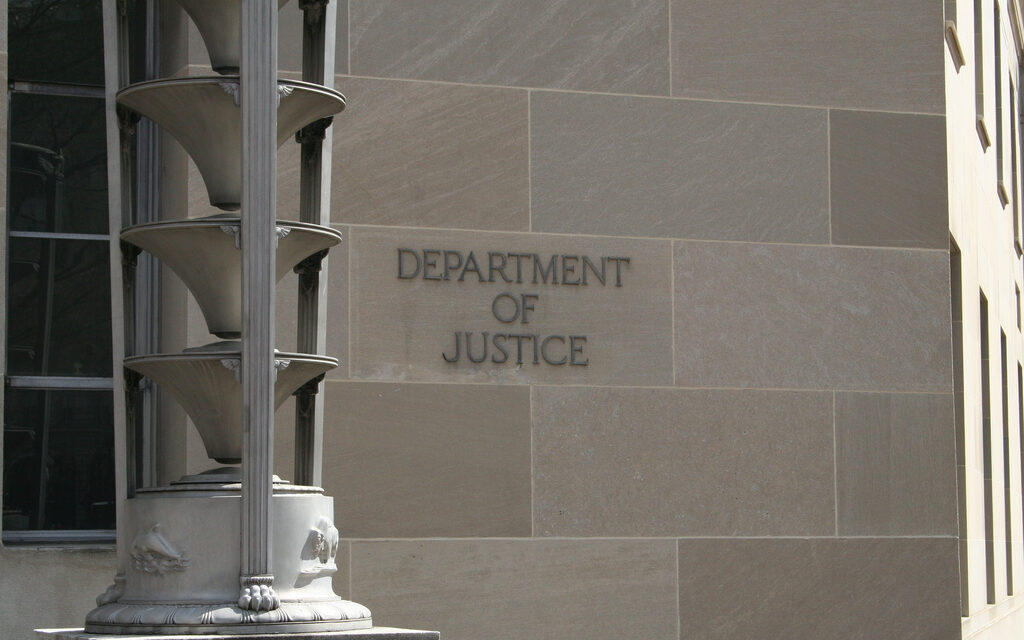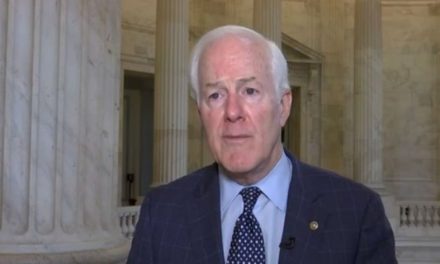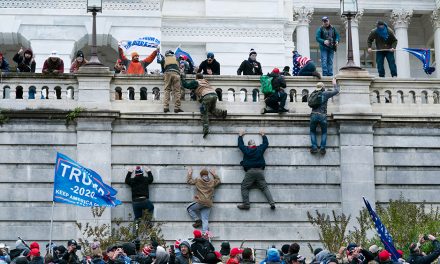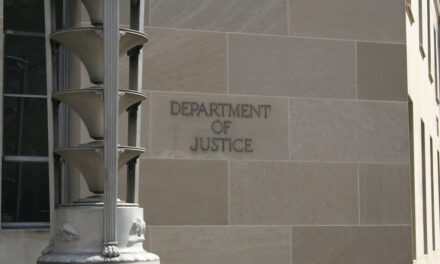The Nixon case essentially holds that a claim of executive privilege can not be used to prevent disclosure of documents when the privilege is based on a generalized interest of confidentiality and candor in a criminal case. Now Bush has raised executive privilege in the Congressional Katrina probe, a strategy likely to be followed in the NSA probe of illegal domestic surveillance. Two questions arise: Is Bush extending the executive privilege to persons and circumstances not warranted; and can the executive privilege be used to prevent discovery of facts that lead to a Congressional finding of wrongdoing or subsequent filing of criminal charges?
While stating willingness to cooperate, Bush impedes the Congressional probe of Katrina by prohibiting administration officials from answering questions and refusing to provide documents. Bush is also extending executive privilege to include administration officials who are not “part of the president’s staff.” And to officials, such as former FEMA director Brown, who may be covered by the privilege but may have effectively waived it by prior public disclosures on TV or in print media.
This use of executive privilege should itself constitute criminal obstruction of justice if used to prevent Congress from determining potential wrongdoing. Executive branch communications are essential in the Katrina probe because “one of the most significant failures was the apparent lack of complete engagement by the White House and the federal government in the days immediately before and after the storm.”
As one lawmaker stated, this lack of cooperation by the White House will “undermine efforts to identify what went wrong” in Katrina. How is that different from Libby’s failure to provide information which prevented and obstructed the prosecutor from obtaining the facts needed to file criminal charges for outing a CIA operative in the Plame probe?
Just as the US Supreme Court refused to uphold a claimed right of absolute executive privilege in the Nixon criminal case, the executive privilege should not be an absolute right in a similar Congressional probe of wrongdoing in Katrina or illegal acts in the NSA domestic surveillance probe. This is particularly true when it is the executive branch that refused to appoint independent counsel to probe the matter.
The Nixon case indicated that not all communications with the president are protected by the privilege. A balancing process is used to determine whether the privilege applies to a set of circumstances. The court distinguished between a generalized claim for confidentiality of high-level communications versus a specific need to protect Article II duties, such as “military, diplomatic, or sensitive national security secrets.” Courts may defer to the claim of privilege when it is based on an Article II duty but not when the claim is based on a generalized interest in encouraging candor in confidential communications. Other factors which tip the scale against successful invocation of the privilege include the “need to develop all relevant facts” in an adversary criminal justice system. The difference between Nixon and the Katrina/NSA Congressional probes is essentially one of political control. In Nixon, a special prosecutor was appointed, conducted an investigation, filed indictments and was heading to trial when he sought to obtain tapes and documents. In both Katrina and the NSA domestic surveillance cases, it is the Bush administration which refused to appoint an independent counsel, leaving the matter to Congress. That refusal to appoint independent counsel, who may then have filed criminal charges, should not become justification for concluding that Nixon is not applicable to Congressional probes of wrongdoing that have not yet reached the stage of criminal charges.
Given that Congress has time constraints in the Katrina probe, and the upcoming NSA probe, Congress needs to take aggressive steps to squash this maneuver before it succeeds in keeping the truth from the American people.







